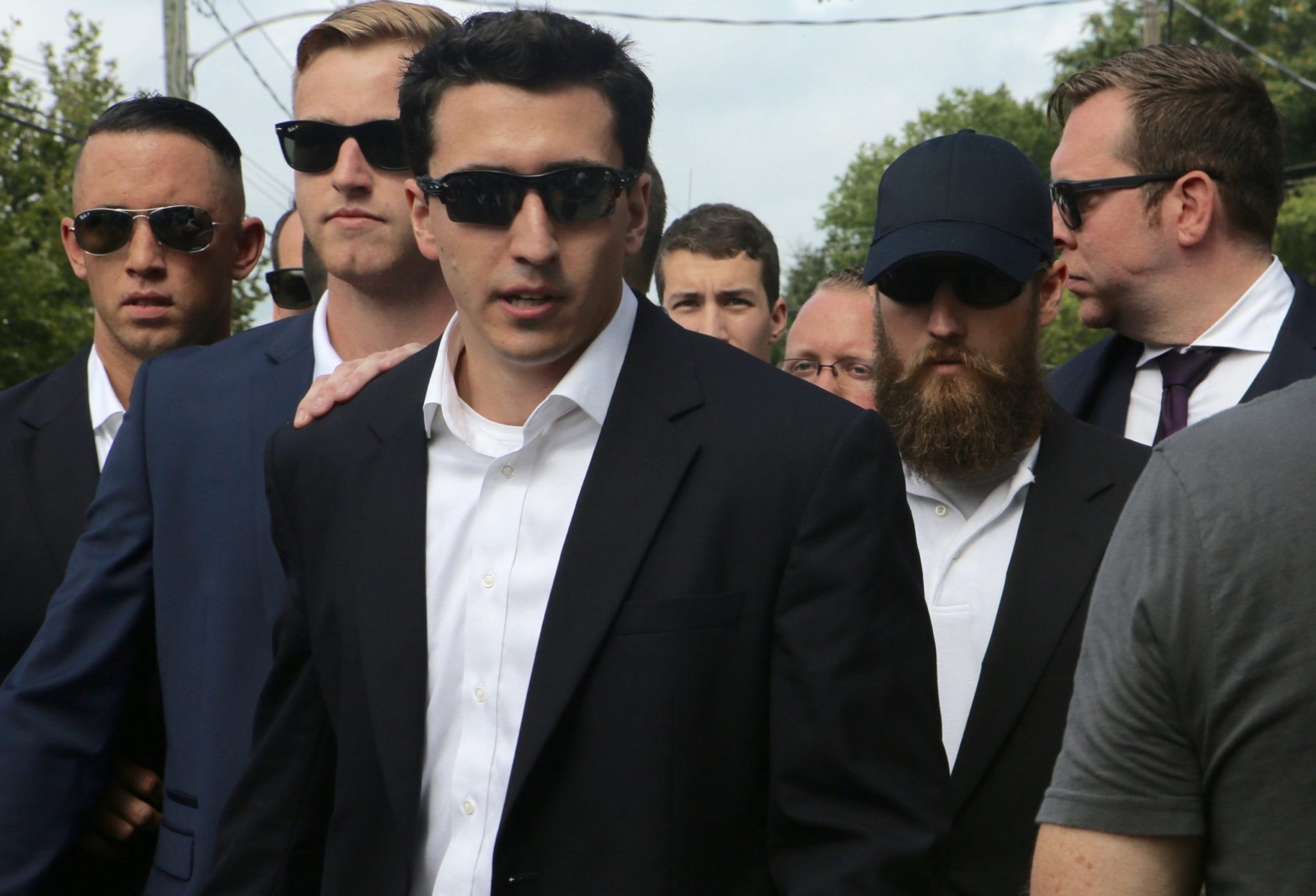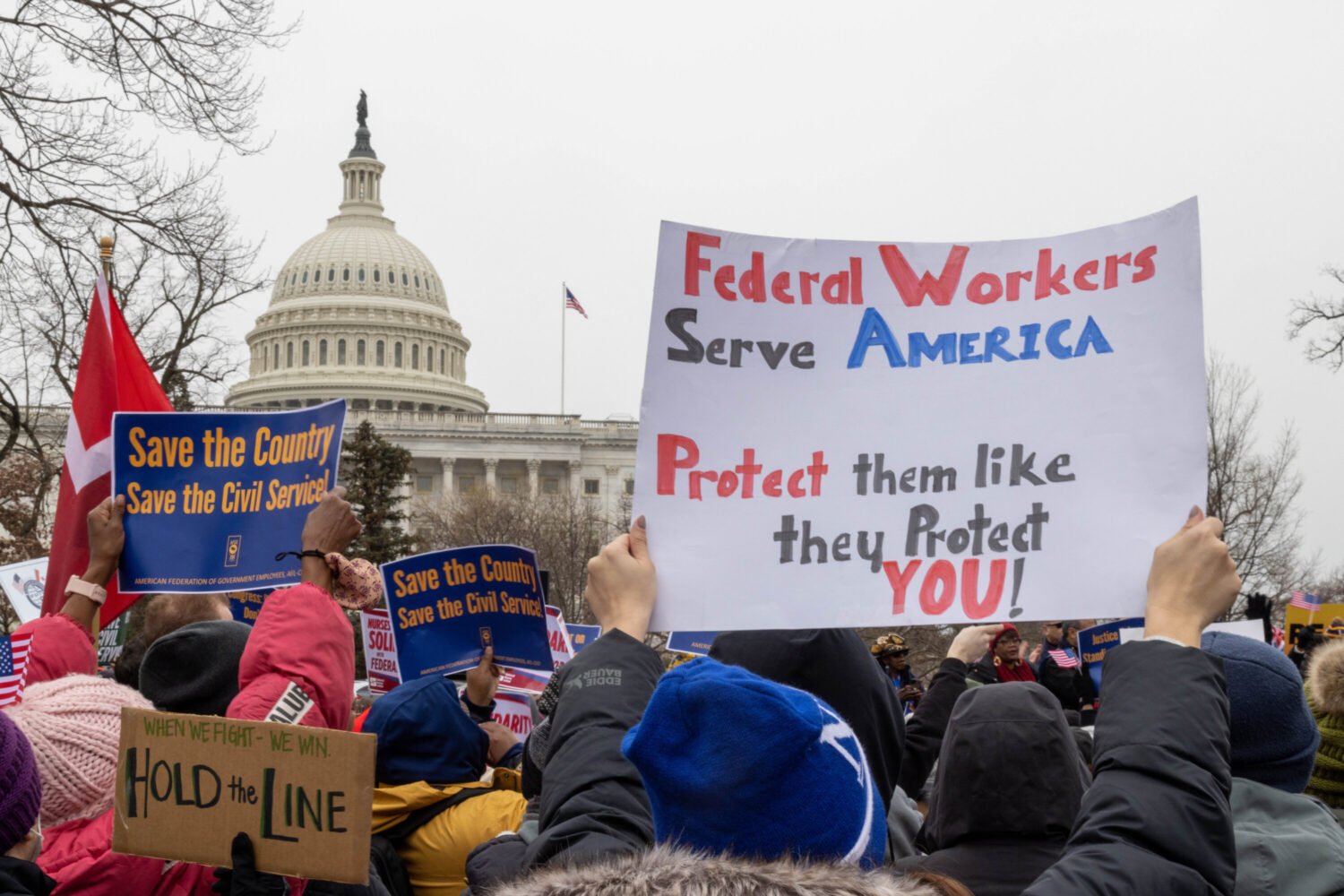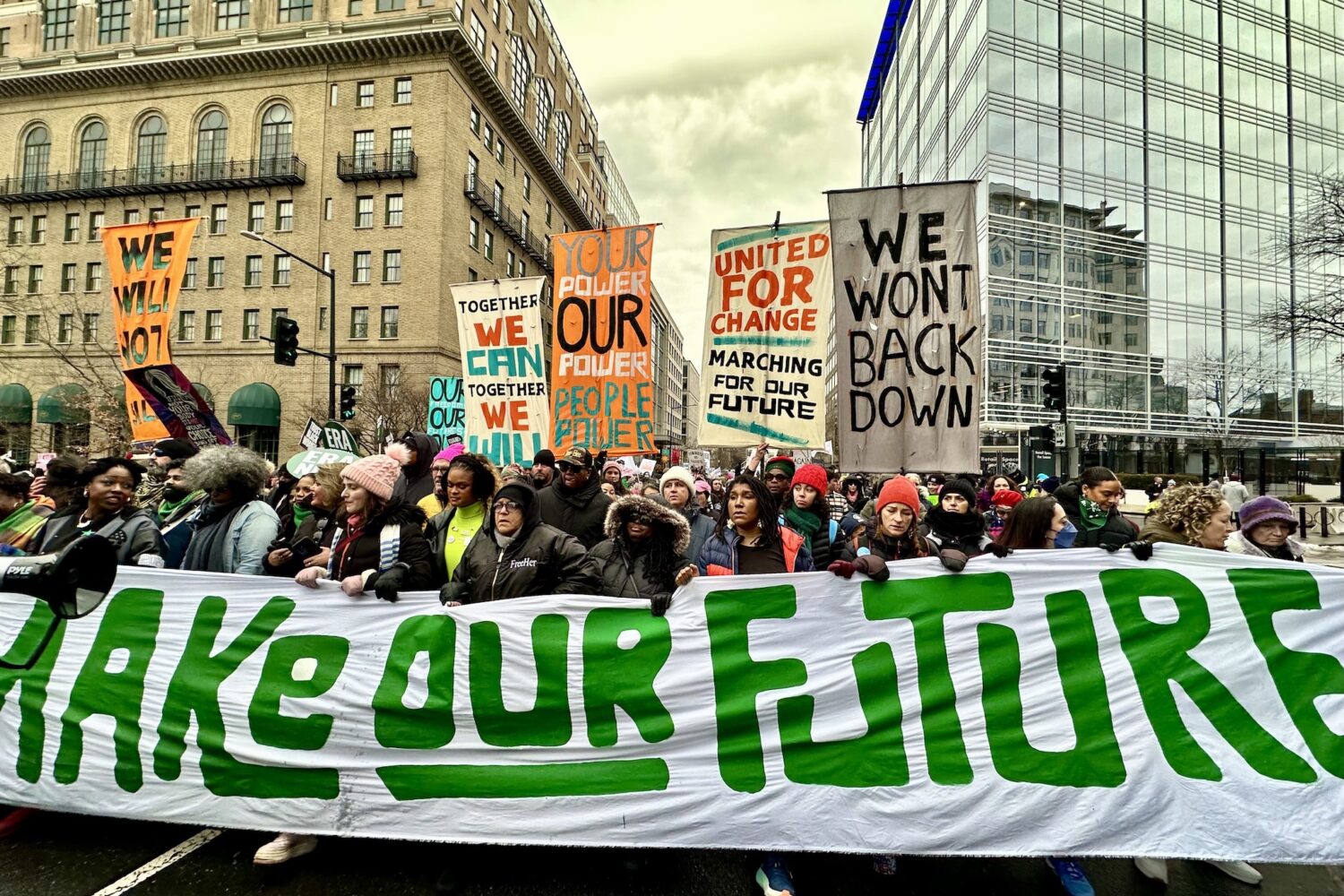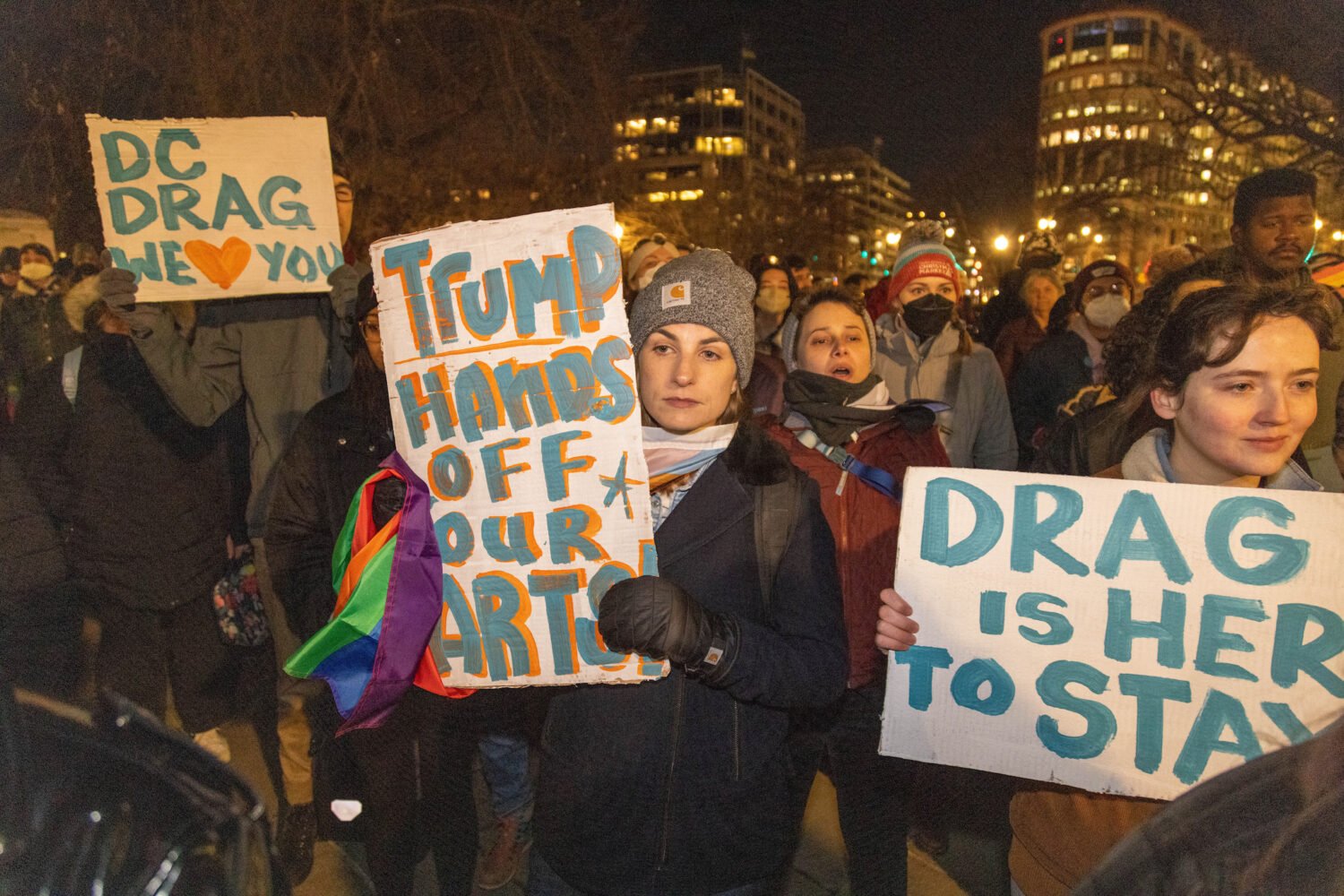On Sunday afternoon, a coalition of white supremacist, far-right and neo-Nazi groups will assemble in in Lafayette Square for “Unite the Right 2.” The demonstration will mark the anniversary of the deadly clash in Charlottesville last year.
Fierce debates over the proper response have raged since even before the original Charlottesville protest. Many have argued that public counterprotests boost the profile of far-right groups, bringing the attention they crave. But after Charlottesville, where demonstrators chanted phrases like “Jews will not replace us” and “Blood and soil,” many professors and scholars now say resisting them publicly—and nonviolently—is necessary.
“I think it’s really important that people step up, voice their feelings, and not ignore it,” says Terri Givens, Ph.D. “Frankly, as a researcher who’s been studying the far right since the 1990s, we’ve been ignoring them since then, and really, that strategy hasn’t worked well. I think we need to be there.”
It’s not enough to assume Americans will reject hateful beliefs on their own, she says. “If you’ve grown up in white America, the way we’ve taught history… it’s easy to think this stuff makes sense. Our history means it’s not actually that hard to convert people to this thinking.”
And even more important, white supremacy isn’t a fringe belief, Givens argues. “It’s baked into the fabric of the country. The underpinnings of this country are white supremacy.” In a continuum, she says, Americans aren’t starting at zero and being pulled right. The needle is already tipped towards Nazism.
Lecia Brooks, outreach director for the Southern Poverty Law Center, agrees that counterprotest is crucial. “We can’t allow them to take over our communities and the streets,” she says. “We need to stand up for the values we purport to hold in this country, like equality and justice for all. White supremacy just flies in the face of those. If you don’t respond, white people start to think ‘Oh, they don’t care,’ or ‘Oh, they agree!’ And we can’t allow that to happen.”
And both agree that the ideology is inherently dangerous. White supremacists see equality “as a zero-sum game,” Givens says. If people of color, or LGBT people, or women gain rights, it means straight white men lose something as a result.
But both also stress violence is not helpful. “We don’t recommend or advise direct confrontation at all,” Brooks says. “I think that feeds them. I think that plays into their strategy. They want to make it appear that they are the victims who want to simply exercise their First Amendment rights.”
Sheri Berman, a political science professor at Barnard, agrees: it’s all about optics. “You’re playing to a wider audience—you have to make your platform clear,” she argues. “You don’t want to give people a reason to think this is a two sides thing.”
Brooks and the SPLC recommend counterprotesters stand separately from the demonstration and do not engage with them. The neo-Nazis want to provoke violent behavior, Brooks says, and when the groups are separated, it’s easy to see how few white supremacists there are in comparison. Both Berman and Brooks point to the counterprotest in Boston in 2017 as a good example: “It was a huge showing of, like, 40,000 people, but they weren’t in direct communication with them,” Brooks says. “They were near them. They could see and be seen, and that’s the important thing. It really is important for people to stand up and say no, I don’t support this, this is not who we are, and we’re not going to allow these displays of white supremacy to become normalized. I think that’s where people can exercise our power and strength in numbers.”
And that strength in numbers is crucial, because otherwise, the demonstrators get unchallenged airtime. “The media is not going to ignore it. They’ll cover it and count them. It will get attention no matter what,” Givens says. “When you get enough people together, you can really show that the majority of people don’t believe in what these neo-Nazis are espousing.”
“We’ve got to hold the space and know that we’re holding it for the right reasons,” Brooks says. But there’s still fear, especially after last year: “I just want people to be safe,” she says.




















